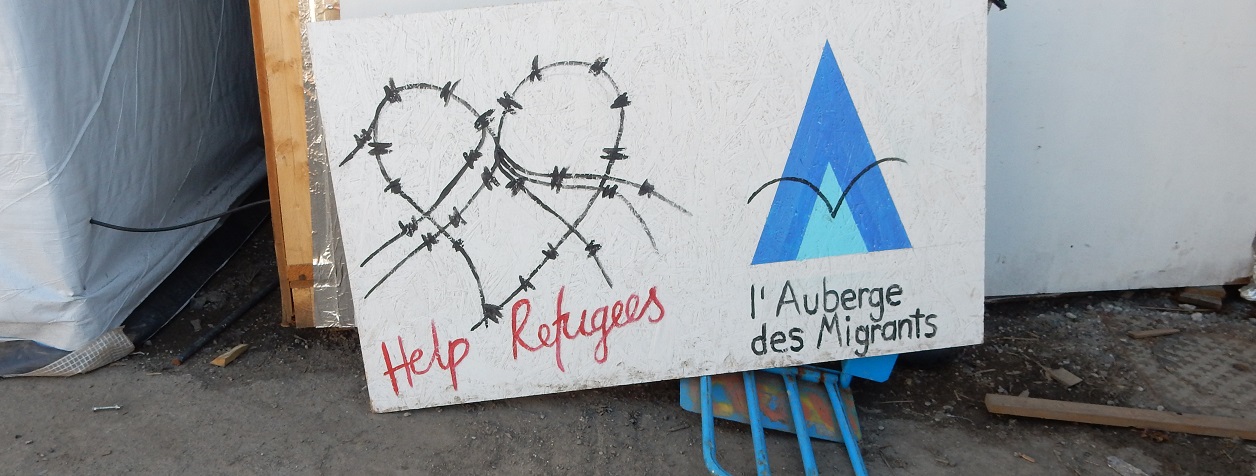By Phil Kerton, Seeking Sanctuary (CSAN member organisation)
Volunteers continue to work hard for migrants who exist in an extremely hostile environment: to offer a welcome, food, clothing, shelter, dignity, and to support them have their stories heard.
Over 90 people, a third of them from the Pas-de-Calais area, attended a gathering in St Paul’s Church, Dover, in October 2018, organised by the Justice and Peace Commissions of the Westminster and Southwark dioceses, together with Kent-based Seeking Sanctuary and the Maria Skobstova House of Welcome in Calais. This event enabled concerned people to share experiences, efforts and hopes for those in need and to try discern ways ahead and share ideas for action. Discussions were enlivened and provoked by a short interactive play, “Stage 3”, presented by students from Queen Mary University of London. The piece looks at the bureaucracy and power of the naturalisation system and young people’s sense of belonging and citizenship rights. By addressing the process through which individuals are dehumanised and arbitrarily categorised on the basis of race, age and socio-economic background, the performance highlights questions about perceptions of power and powerlessness.
Among the wide variety of organisations supporting migrants in the Calais area is CSAN’s sister Caritas agency in France, Secours Catholique. They run a Day Centre, where people can relax out of the weather, to chat, take a cup of tea or coffee, get a haircut, watch videos, play games together, seek advice from volunteers, or get involved in arts and crafts work. Another is the Association Maria Skobstova – a Catholic Worker House of Welcome. This is a residential community, serving people pushed to the margins of society since February 2016. They do not just try to ‘help’ refugees, but prefer to be there with them, providing support and friendship. Everyone lives as a community, sharing meals, friendship, and daily prayer; and supporting one another in the work that is done. Neighbours are invited to join the extended community and take part in the work. The main ministry is to youths who are suffering in mind or body and, as at the Secours Catholique centre, efforts are made to treat each person with dignity, as individuals each with their own hopes and concerns.
Groups working in Calais constantly need fresh volunteers and donations of supplies. The number of displaced people living in Calais is fairly constant at 600 to 800, while the number sleeping rough in woods at Grande-Synthe, near Dunkirk, has recently more than doubled to above 1,800. These are mainly Kurds, including many women and children. Dozens more can be found near any port or harbour between Bilbao and Flushing and near their approach roads, not to mention hundreds eking out a precarious existence on the streets of Paris and Brussels.

